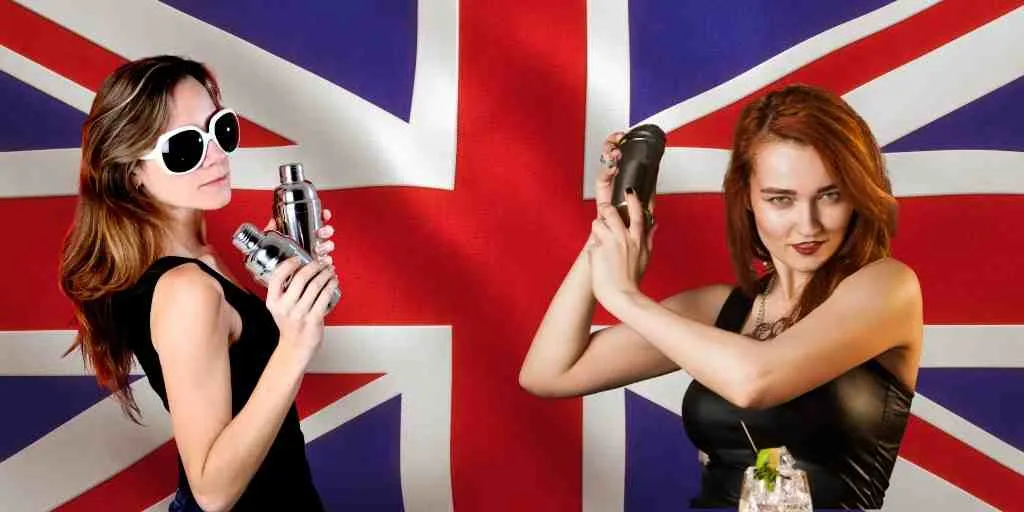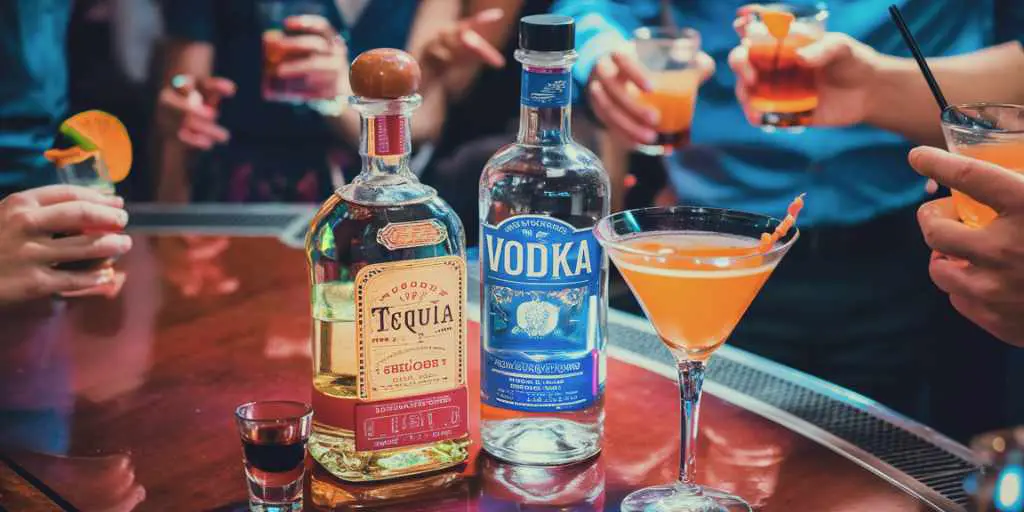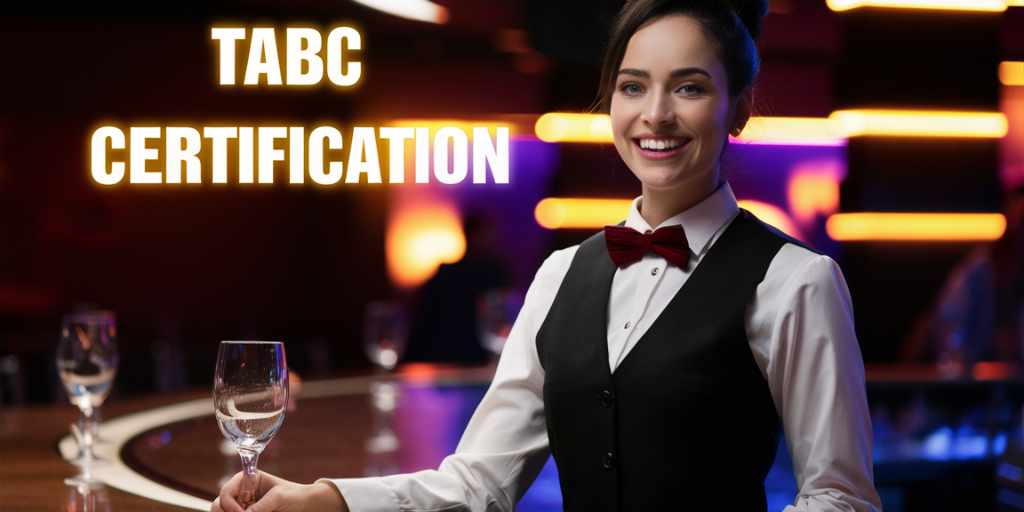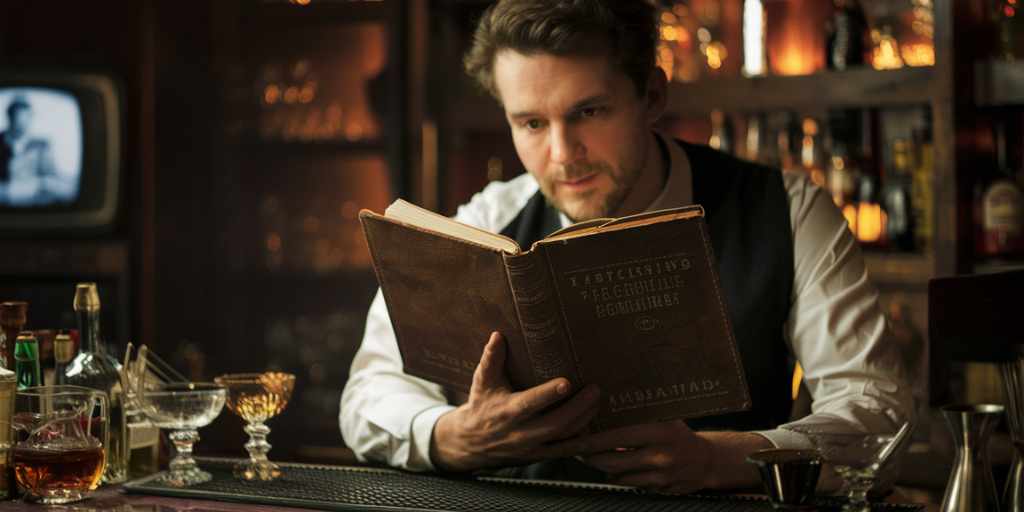Continuing our series on how to be a bartender worldwide, this week we’ve got the requirements for England and U.K. If you missed them, here’s for Australian, Canada, New Zealand, and the United States.
Pub culture has been a huge part of the U.K. way of life for hundreds of years, with cities teeming with everything from indie gastropubs and chic bar chains to villages with tiny pubs that can barely seat fifteen people. Over the years, and most significantly in 2005, in an effort to combat perceived ‘binge drinking’, the regulations relating to selling and consuming alcohol have been modified to reflect changes in the way society treats ‘booze’, as the Brits refer to it. The classic ‘eleven p.m. last orders’ with the ringing of the bell behind the bar and subsequent ‘closing time’ was done away with, and now many establishments stay open into the small hours, with some not closing at all.
As with the United States, licencing laws relating to the sale and consumption of alcohol are laid down by the governments of England and Wales, Northern Ireland, and Scotland, the four countries which make up the United Kingdom, and differ slightly in terms of what they allow. Every single establishment in England, Wales and Scotland that wishes to sell alcohol – be it a restaurant, cinema, pub or even if you fancy converting your garage into a nightclub – must obtain a ‘Premises Licence’ from their local authority (decisions regarding the granting of licences are devolved to a county level) – Northern Ireland is more restrictive, and a County Court grants licences.
So where does this leave you if you wish to work in one of these premises? What permit or certificate, or training do you require if you want to pull pints for a living?
The simple answer: none.
Like the county’s licencing laws, the longer answer is more complex. To explain, here we’ll look at the Premises Licence, the Personal Licence, and the Designated Premises Supervisor in a little more depth.
What is a Premises Licence?
Pubs and clubs in the U.K. – under the old Licencing Act of 1964 – used to be required to hold a Justice Licence to serve alcohol to customers inside the property. The Licencing Act of 2003 (which came into force in 2005) changed everything, and now a ‘Premises Licence’ is required if you wish to serve booze or provide ‘licensable activities’ such as selling food between the hours of eleven p.m. and five a.m.
Several forms of entertainment will require a Premises Licence, including carrying out a theatrical performance, holding a wrestling tournament, and any dance or live music night, even if any of the aforementioned are for charitable purposes.
The person applying for a Premises Licence must be, or appoint, a Designated Premises Supervisor (DPS) and have undergone the required training to hold a Personal Licence (of which more below). This DPS will be named on the Premises Licence, which must be displayed fully within the establishment in question. These Premises Licences do not have an expiry date. Still, an annual fee is often charged for renewal – the costs can be anything between £100 and £2,000 per annum, depending on what the local council decides as the ‘fee band’ (i.e. the value) of the property from which alcohol is being sold.
The police (in particular their licensing department staff) or council officers can enter the property and require you to allow them to inspect the licence and its attendant paperwork at any time. Punishments for licensing misdemeanours can be harsh: failing to produce your licence upon request will result in a fine of up to £1,000 while carrying out activities on your premises that are not covered by your licence can see you receiving a hefty fine, a prison sentence of anything up to six months, or both.
What is a Personal Licence?
A Personal Licence allows the holder to sell alcohol from licenced premises. Once it has its Premises Licence, it must have at least one staff member on duty who holds a Personal Licence. This means that every sale or supply of alcohol is authorised by that Personal Licence Holder (PLH). The PLH is solely responsible for selling alcohol in an establishment, no matter how many staff are working under them (most, if not all, of whom will have no qualifications or licence). A PLH qualification means you can work and sell ‘booze’ anywhere licenced, including casinos, supermarkets, sports clubs and leisure parks.
You must be eighteen or over to apply for one of these licences. They are administered by local councils, making you sit a multiple-choice examination known as the APLH (Award for Personal Licence Holders), where the pass mark is 70%. If you pass, stringent background checks for criminal convictions are carried out. Once this has been completed and it is clear you have no unspent convictions (for example, you are no longer carrying out community service or are not on bail for an offence), you will be granted the licence. If, however, it emerges that you have unspent convictions on your record, the licencing authority will forward your application to the local police force, who can object to you being granted a Personal Licence. If this occurs, you can have a hearing with the licencing authority to state your case in person.
A Personal Licence is valid for ten years in England and Wales, while it is ten years in Scotland. Still, the licence holder must pass a refresher course after five years to keep the P.L. Northern Ireland allows ten years, too, but it is a little different in that the licence is only valid in the jurisdiction that it is granted; you cannot work a bar in the neighbouring county.
The authorities take quite a draconian view of anyone failing to comply with their regulations. For example, you must apply to the licencing authority covering the area you usually reside. Failure to update them with any change of personal details – such as moving out of the area – is actually a criminal offence.
Also, if you are charged with any other criminal offence while designated as a PLH, you are obliged to advise the court that you hold a Personal Licence at your first appearance in the dock; it is – again! – a criminal offence not to do so. After receiving your Personal Licence, a conviction can mean suspension or even permanent removal of the licence.
Supervisors
To muddy the waters further, the U.K. Licencing Act 2003 stipulates that any licenced premises must have a Designated Premises Supervisor (DPS) who holds a valid Personal Licence and is named on the Premises Licence. This may not actually be the owner of the business or premises but a manager or supervisor hired by the owner to run the day-to-day operations of the pub, bar or club, for example. If a licensed premises has no DPS or does not hold a valid personal licence, the sale and service of alcohol is not permitted in the establishment.
It is important to remember that when a fully licensed premise has a named DPS who holds a Personal Licence, it is not required for the DPS to be present when alcohol is being served. As mentioned above, as long as one on-duty staff member holds a personal license, alcohol can be served.
Anybody seeking to become a DPS is subject to intense scrutiny: police can raise objections if they are concerned about an individual’s past or current behaviour or criminal record. The licensing authority hears these matters to determine if the DPS application should be blocked or allowed. The licensing authority also reviews licensed premises and their Designated Premises Supervisors regularly and can remove the DPS from the licence at any time.
In Summary
To sell or serve alcohol or hold activities such as live music, a premise must have a valid Premises Licence which will name the Designated Premises Supervisor (not necessarily the owner) who will also hold a Personal Licence. However, the DPS does not have to be present at all times, as long as one on-duty staff member holds a Personal Licence.
If all these criteria are met… it’s time to serve some booze.






